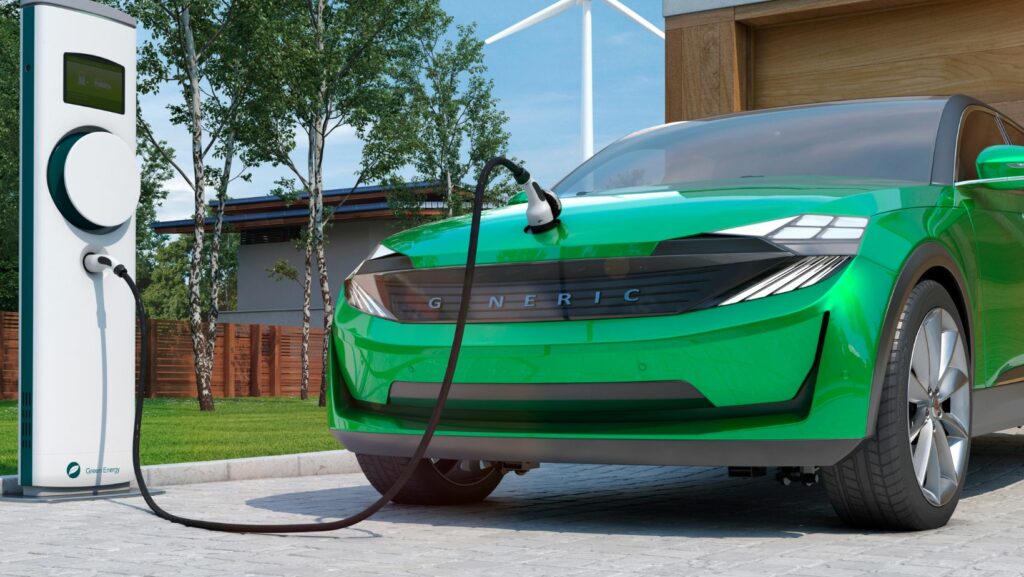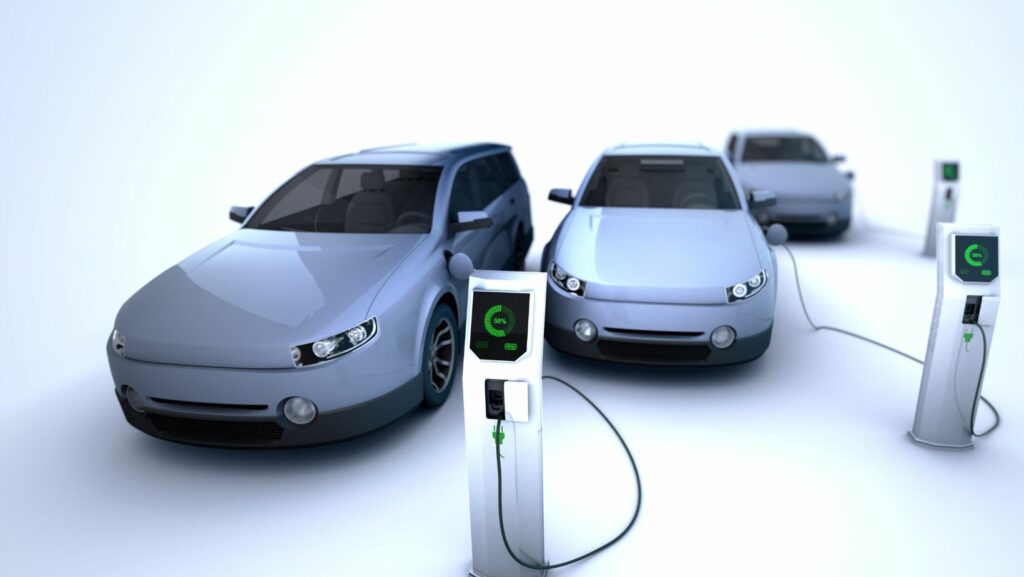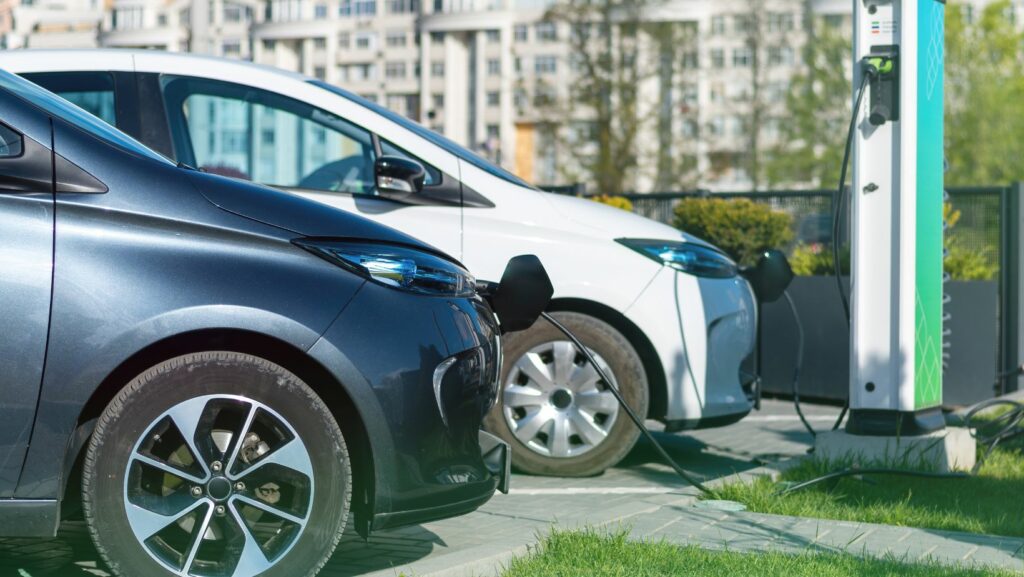The electric car industry is not merely a niche market anymore; it’s a dynamic force reshaping the automotive landscape worldwide. With advancements in technology, environmental concerns, and shifting consumer preferences, electric vehicles (EVs) are witnessing unprecedented growth and innovation. This article delves into the current trends and future predictions driving this revolution, exploring key aspects shaping the electric car industry.
Accelerating Adoption Rates:
One of the most striking trends in the electric car industry is the accelerating adoption rates witnessed globally. Factors such as declining battery costs, government incentives, and an increased focus on sustainability have propelled more consumers towards EVs. In 2023 alone, global EV sales surged by over 70%, marking a significant milestone in the transition towards sustainable transportation. As charging infrastructure continues to expand and range anxiety diminishes, the barrier to entry for EVs lowers, further fueling adoption rates.
Technological Advancements:
Technological advancements serve as the backbone of the electric car industry, driving innovation and enhancing performance. From breakthroughs in battery technology to the integration of artificial intelligence in vehicle management systems, EV manufacturers are continuously pushing boundaries. The emergence of solid-state batteries promises to revolutionize the sector by offering higher energy density and faster charging times, addressing two of the most significant challenges faced by EVs today. Additionally, the evolution of autonomous driving capabilities is reshaping the concept of transportation, with electric vehicles at the forefront of this revolution. Moreover, the integration of artificial intelligence in vehicle management systems has not only enhanced efficiency but also facilitated the development of user-friendly EV charging apps, allowing drivers to locate, reserve, and pay for charging stations conveniently.
Diversification of Offerings:
Gone are the days when electric vehicles were limited to a few models with minimal range and functionality. Today, EV manufacturers are diversifying their offerings to cater to various consumer preferences and market segments. From compact city cars to luxury SUVs and commercial fleets, there’s an electric vehicle for every need.

Furthermore, the rise of electric bicycles and scooters complements traditional EVs, offering alternative modes of eco-friendly transportation in urban environments. This diversification not only expands the consumer base but also fosters innovation across the entire electric mobility ecosystem.
Sustainable Supply Chains:
Sustainability is at the core of the electric car industry, extending beyond vehicle operation to encompass the entire supply chain. Manufacturers are increasingly focusing on sourcing raw materials ethically, reducing carbon emissions in production processes, and implementing circular economy principles to minimize waste. Initiatives such as closed-loop battery recycling aim to recover valuable materials from spent batteries, reducing the environmental impact of EVs and ensuring resource security for the future. As consumer awareness regarding sustainability grows, demand for ethically produced electric vehicles is expected to rise, driving further innovation in supply chain management.
Regulatory Landscape and Policy Support:
Government regulations and policy support play a pivotal role in shaping the electric car industry’s trajectory. Incentives such as tax credits, rebates, and subsidies encourage consumers to adopt EVs while nudging manufacturers toward sustainable practices. Additionally, regulatory measures aimed at phasing out internal combustion engine vehicles in favor of electric alternatives further accelerate the transition towards zero-emission transportation. Countries like Norway and the Netherlands have set ambitious targets to ban the sale of new petrol and diesel cars by 2025, signaling a paradigm shift in the automotive industry’s regulatory landscape.
Conclusion:
The electric car industry is in the midst of a transformative period, driven by technological innovation, changing consumer preferences, and supportive government policies. As adoption rates continue to rise and technological advancements reshape the sector, the future of electric vehicles looks promising.

By addressing challenges such as infrastructure development, battery technology, and supply chain sustainability, stakeholders can pave the way for a cleaner, more sustainable transportation system. With each passing year, electric vehicles move closer to mainstream acceptance, heralding a new era of mobility that is both eco-friendly and technologically advanced.

